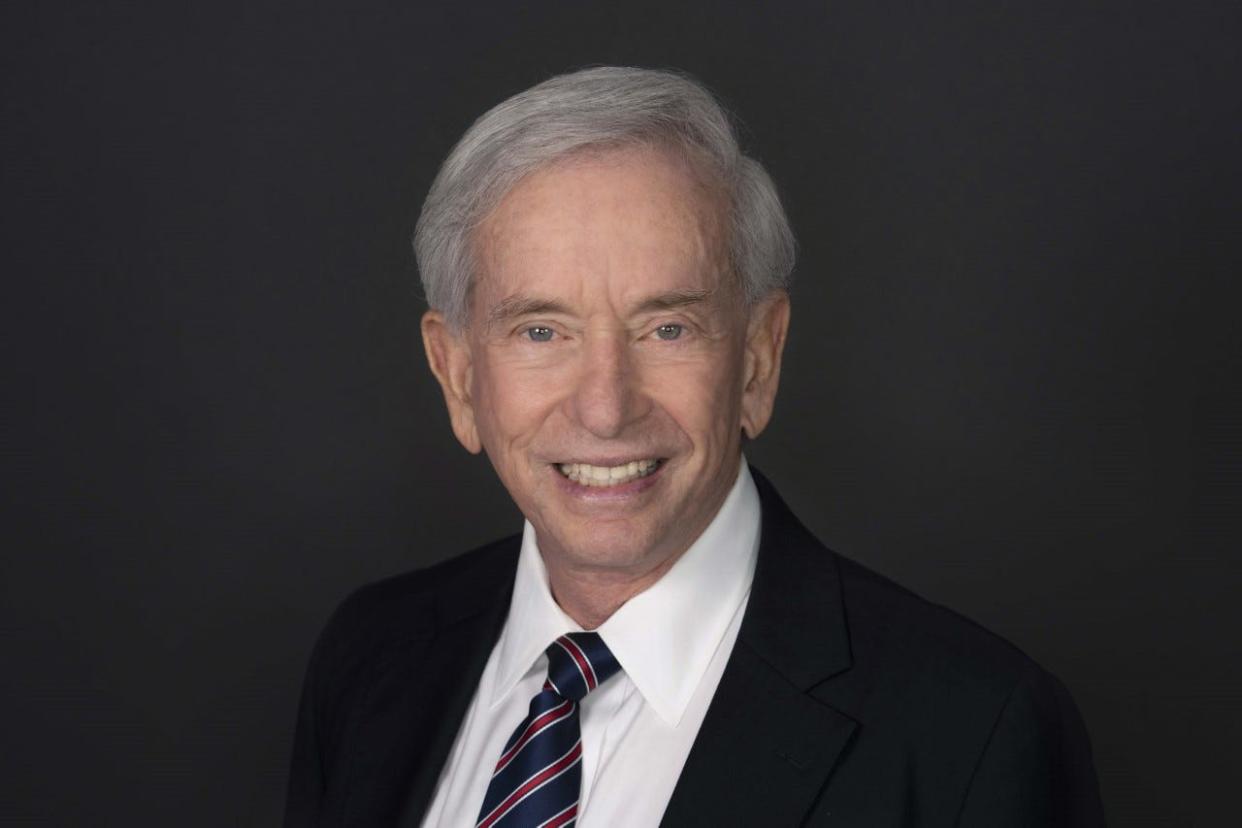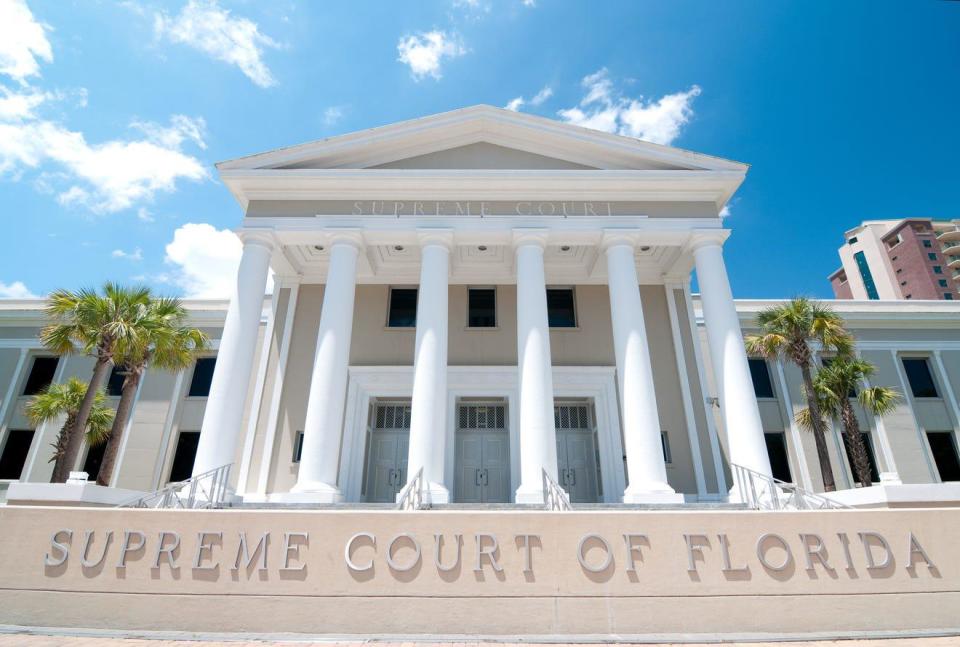Changes at Florida Supreme Court bear watching

The Supreme Court of the United States is under the spotlight, over the Mississippi abortion law, potentially erasing nearly 50 years of precedent.
Yet the Supreme Court of Florida also deserves close attention, for it has become markedly more activist since 2019, as three new conservative justices transform the seven-member bench.
This activism often runs just under the radar but with dramatic effects on how justice is administered. It involves rulemaking and codes more noticed by lawyers than the general public but of significance to all. With growing frequency, the court has changed these rules and standards before giving the underlying issues a full and fair hearing.
One early indicator of the court’s recent activism was its May 2019 decision in In Re: Amendments to the Florida Evidence Code on the question of expert testimony — on which many cases hinge.
The federal courts effectively blocked much expert testimony in federal cases by adopting a strict standard set in Daubert vs. Merrell Dow Pharmaceuticals Inc. in 1993. Florida, however, continued to follow what most considered a more liberal standard of expert testimony admissibility, set 70 years earlier in Frye vs. United States.

The Florida Legislature in 2013 amended the Florida Evidence Code to adopt the Daubert standard but the Supreme Court of Florida struck that enactment down in October 2018, holding that the Legislature violated the court’s rule-making powers. That changed almost immediately when the new court was assembled. On its own motion, it rejected the prior court’s holding 5-2 and adopted the Daubert standard for use in Florida courts in all types of expert testimony.
Former Justice Robert Luck, a DeSantis appointee who in November 2019 was named by President Trump to the federal Eleventh Circuit Court of Appeal in Atlanta, dissented because the court failed to follow the traditional amendment process rules, which required referral to the Florida Bar committees governing those rules for consideration.
This matters. I was on the Rules of Civil Procedure Committee of The Florida Bar for many years and served as its chairman once and vice chairman twice. That committee is a varied group of about 75 members of the Bar, representing plaintiffs and defendants, consumers and corporations. All collaborate in a longstanding process that allows those various interests to research and debate a new rule and get the opinions of all sides before sending it to the Supreme Court.
When the Supreme Court of Florida changes a rule on its own motion, all that analysis is lost and seven individuals are left to make the decision on their own — arguably in haste — without hearing from all interested persons.
In a more recent instance — on Aug. 26 — the Florida Supreme Court, again on its own motion and without regard to any issue in a case before it, extended the “apex doctrine,” which effectively shields top executives and officers from most depositions, from the government to the private sector. Under that doctrine, the party seeking a deposition must show that the high-level official has unique knowledge of a topic and must prove that the party has exhausted every other means of discovery.
In practical terms, that means the litigant must depose every other employee who can provide that information without inconveniencing the president, who is presumably too busy to waste time giving depositions.
This matter had come previously before Florida courts, which had refused to extend the apex doctrine. Only four other states have adopted the doctrine and five have expressly rejected it. Here again, the Florida Supreme Court came to its 6-1 decision – Justice Jorge Labarga dissented — with no input from any of the Florida Bar committees that actually study rules and their practical effects.
These are only two examples of many other self-initiating changes in the law which have occurred since the new justices were seated. More are sure to come.
One can certainly argue that some of these changes are good and some not so good. Nor is this a strictly partisan issue. Dissenting Justice Luck was a DeSantis and Trump appointee. The problem is that justice stands or falls on hearing all sides. The adversarial system is not simply about winning and losing, but about uncovering potential flaws and creating solutions. When a court of seven fallible individuals makes these decisions without first giving interested and experienced parties a full hearing, getting to the truth grows harder. The result can lead to sea changes that are — at the very least — inopportune.
Theodore Babbitt is a shareholder at Searcy Denney Scarola Barnhart & Shipley in West Palm Beach, and has practiced law for more than five decades.
This article originally appeared on Palm Beach Post: Commentary: Florida Supreme Court changes rules without bar input

